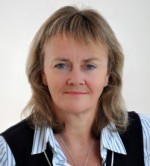
Professor Caroline Dive
Grant made in 2012 Award RoundProfessor Dive is analysing pancreatic cancer cells circulating in the blood. The aim is to develop a profiling technique using blood samples.

All the research we support is funded entirely by public donations. To date, 73 projects have been funded, with a total value of over £15.6 million. These are focused on early diagnosis of pancreatic cancer and the development and monitoring of new treatments.

Professor Dive is analysing pancreatic cancer cells circulating in the blood. The aim is to develop a profiling technique using blood samples.
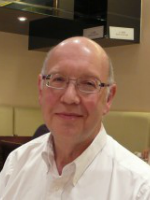
In this project, Professor Neidle and his team aim to optimise a drug that they have developed to target a crucial cancer enzyme called telomerase.
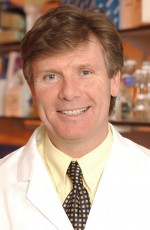
Professor Lemoine is studying the effects of a specific gene found in a particularly aggressive form of pacnreatic cancer.
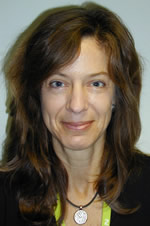
Dr Halldén is investigating how a virotherapy developed in her team could work in combination with other drugs to kill cancer cells.
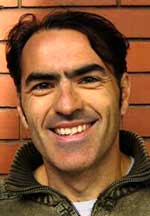
This project will evaluate whether two clinically-approved drugs could be used against ABC molecules. This family of molecules is thought to be involved in the process through which cancer cells stimulate their own growth.

Dr Costello's team is exploring the role of microRNAs - molecules thought to help prevent stellate cells from forming protective barriers around tumours.
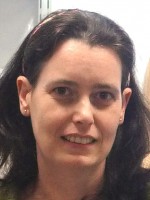
Dr Wells' team will examine the role of a family of proteins called PAK proteins, exploring how they regulate metastasis and cell survival in pancreatic cancer.

Professor Evans is researching a new class of anti-cancer agents, that target an enzyme family called Src Kinase. The aim is to see if these agents can stop the spread of cancer following surgery.

Professor Magee is investigating the role of hedgehog proteins in pancreatic cancer. These proteins direct cell growth in embryos, but are also found to be active in around 70 per cent of pancreatic tumours.

Professor Falasca is exploring the role of a signalling molecule called p110gamma in pancreatic cancer.